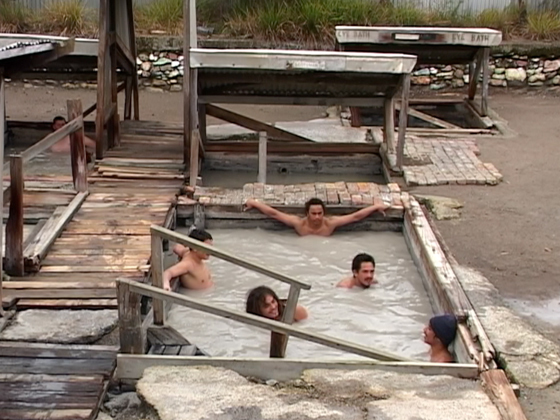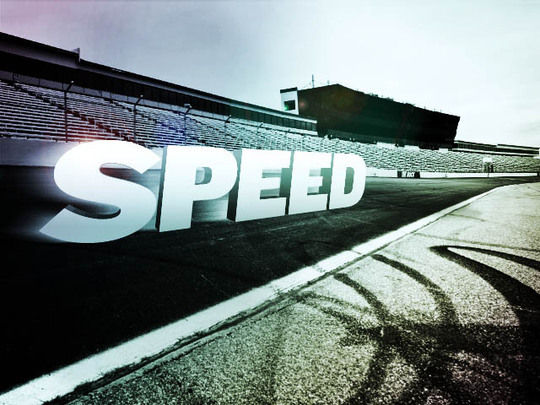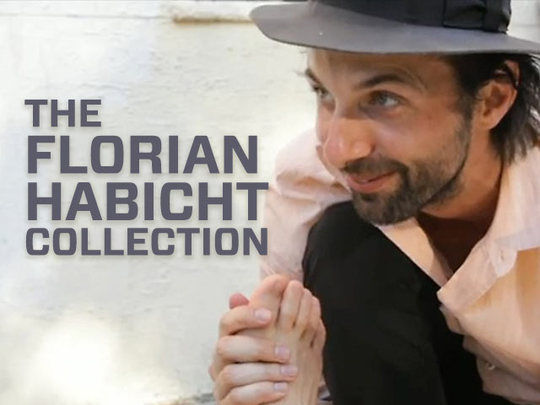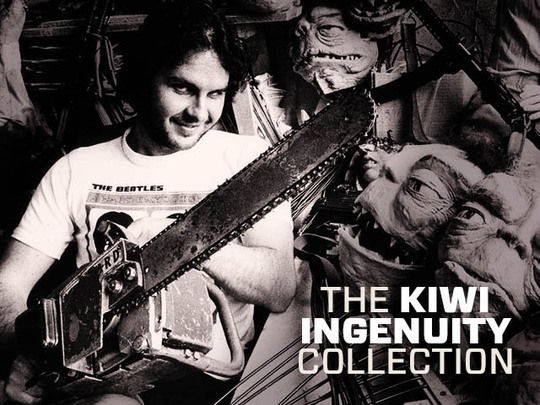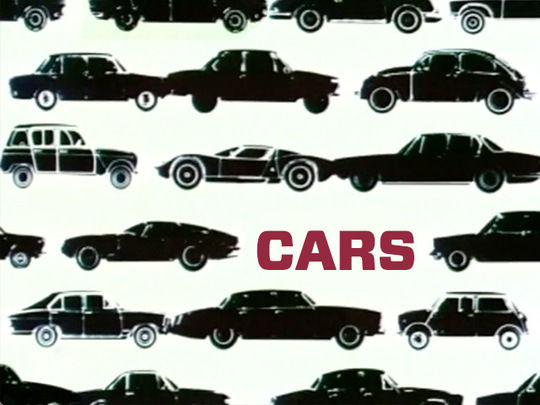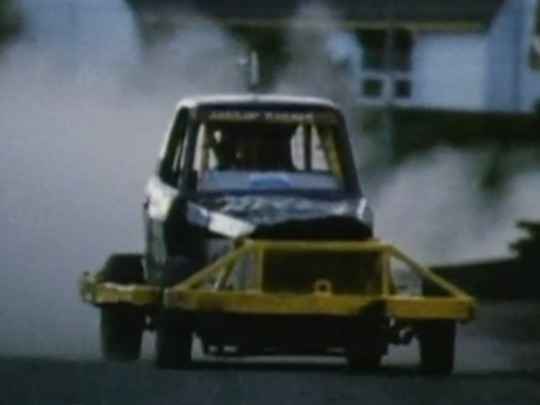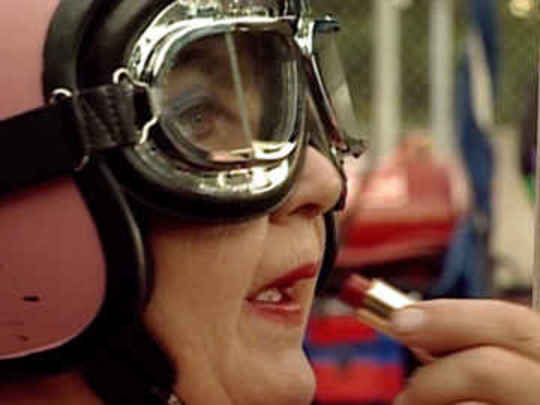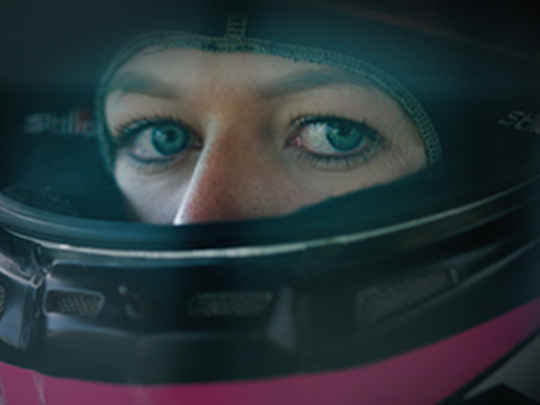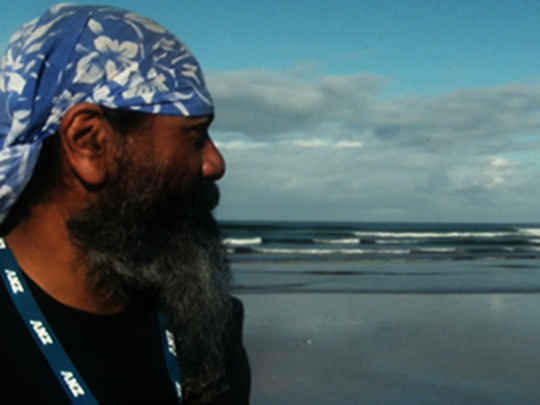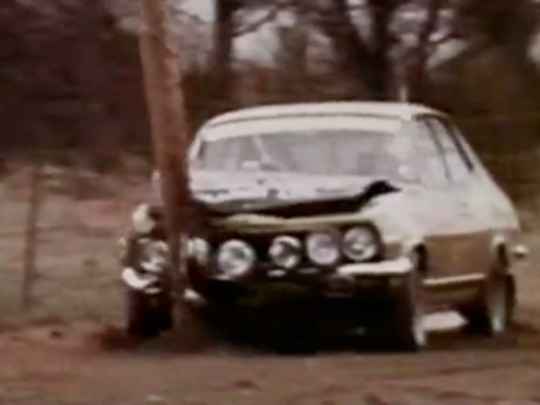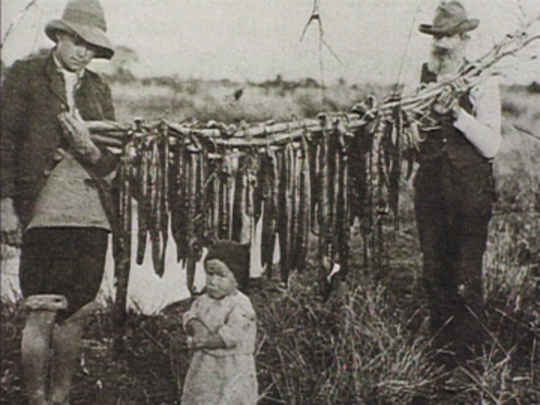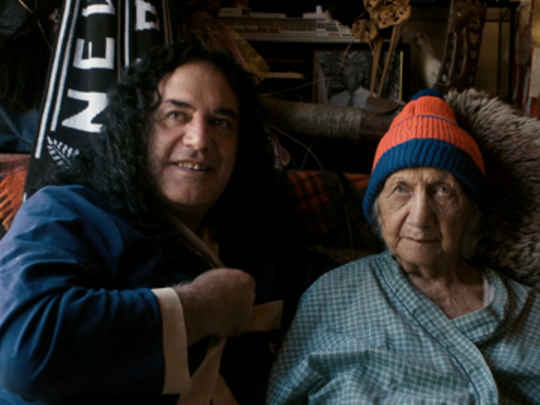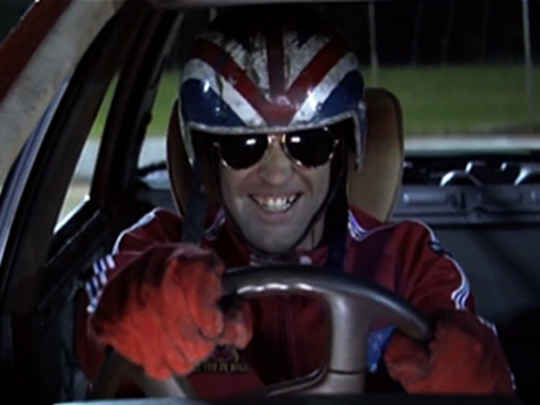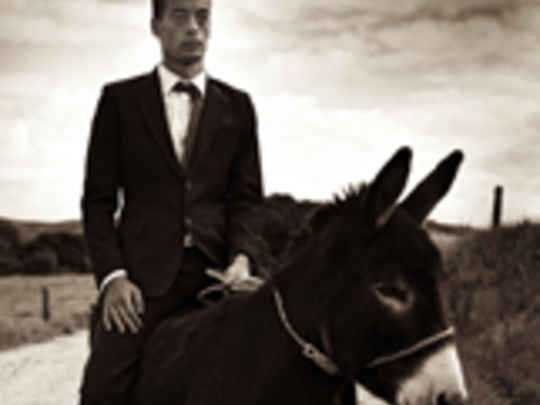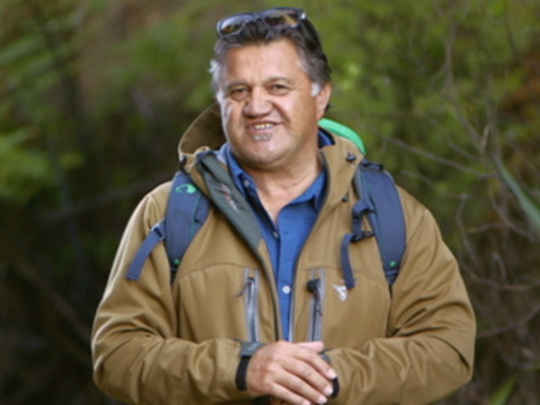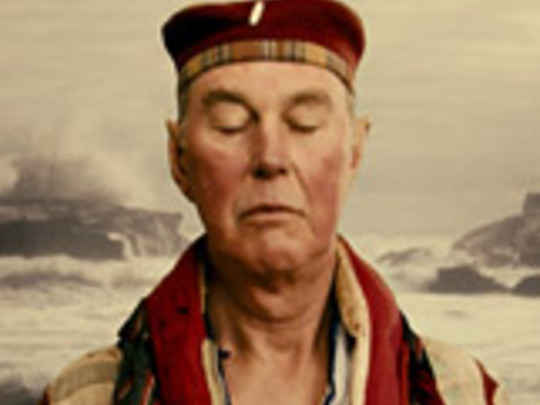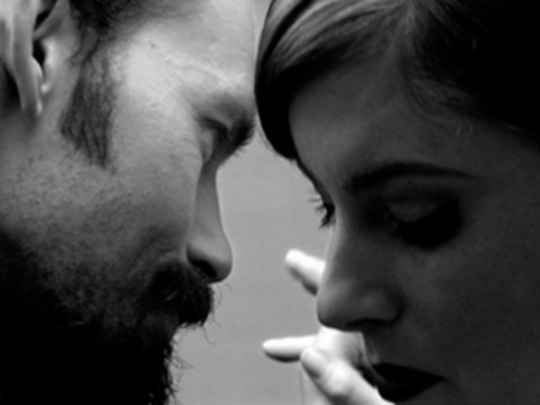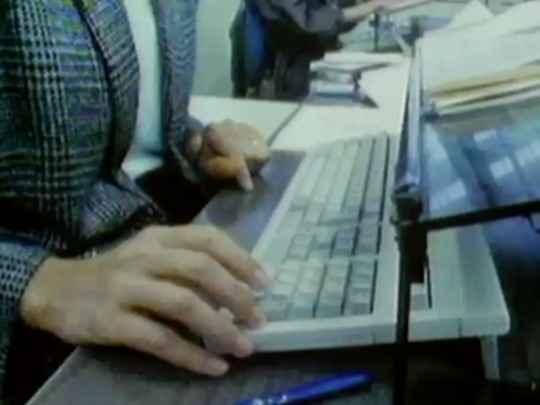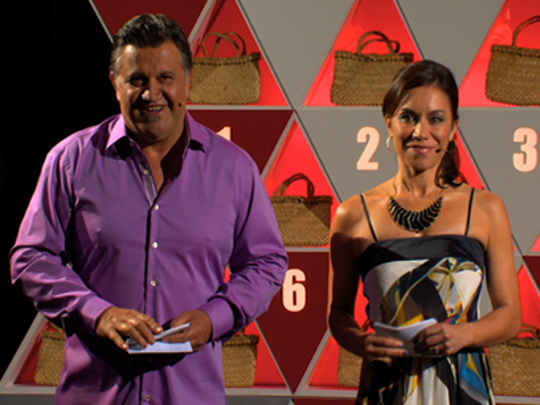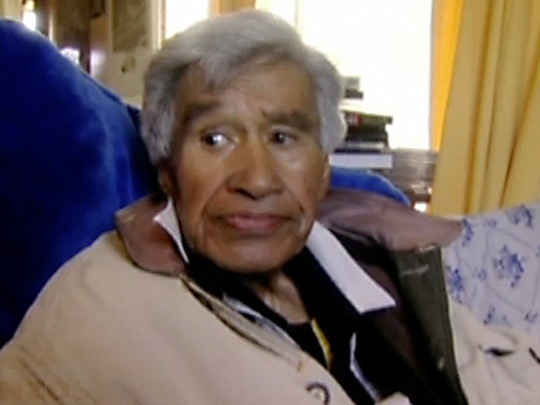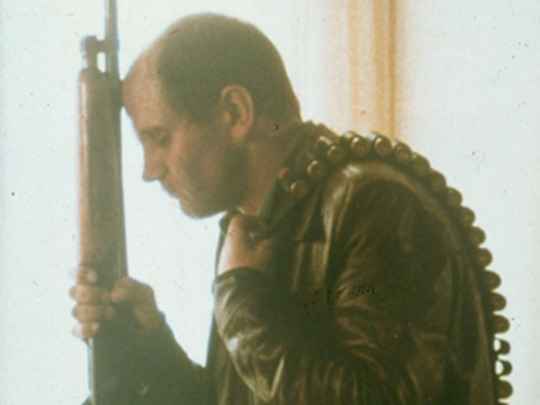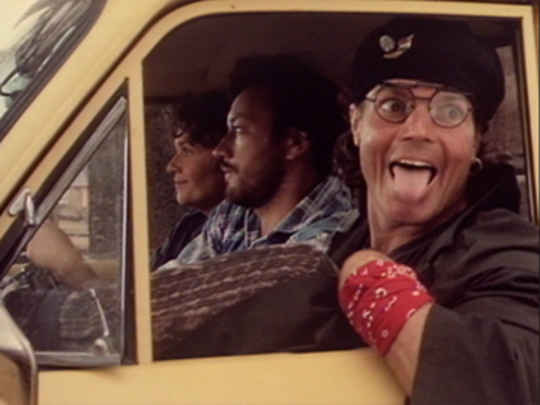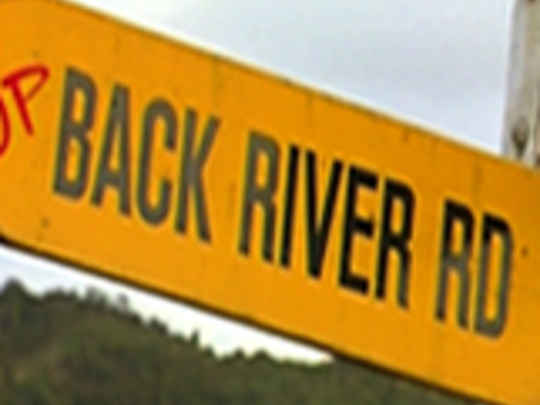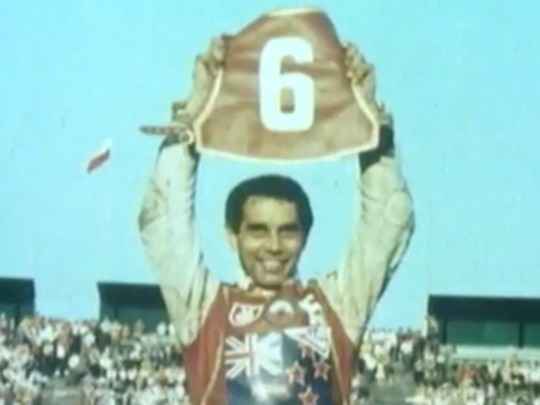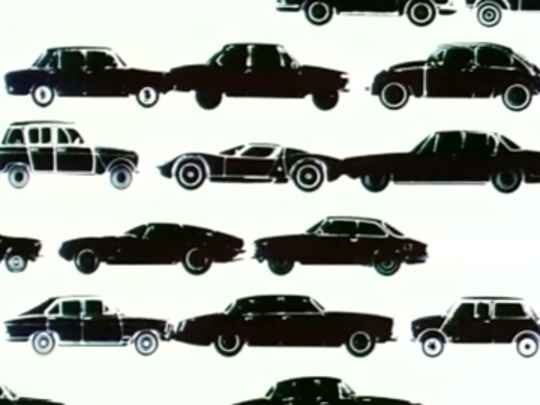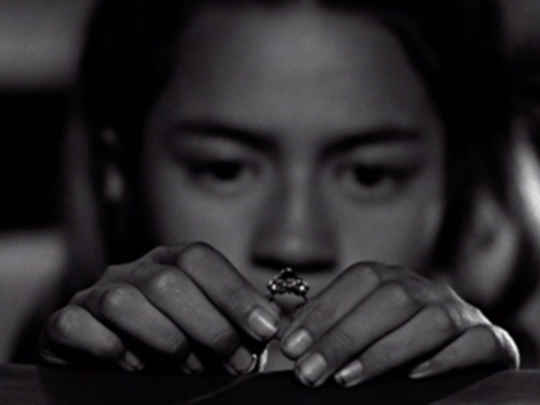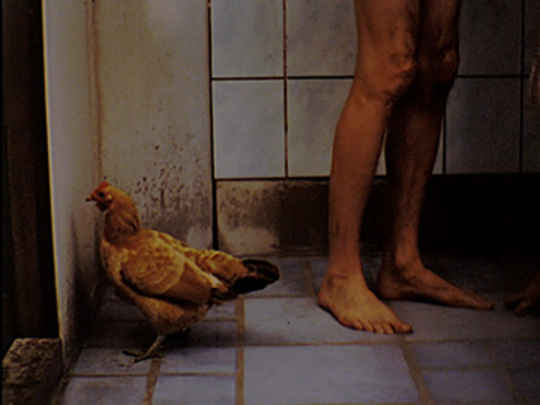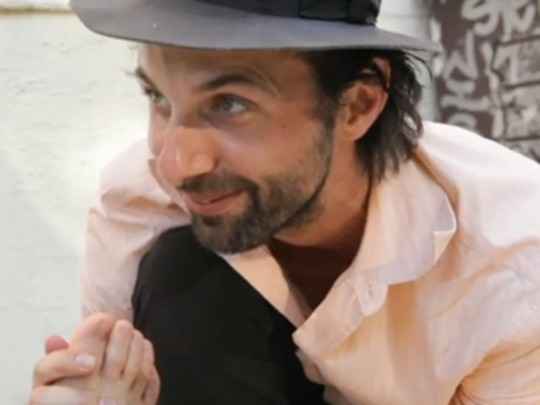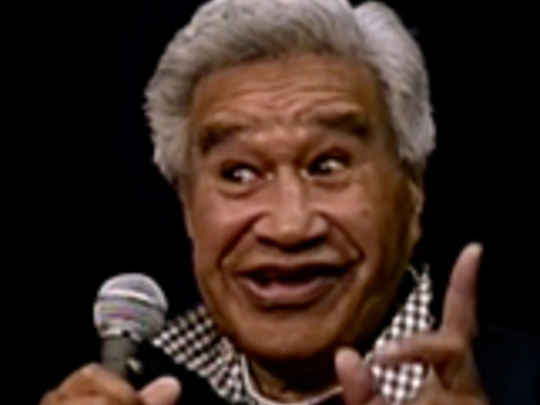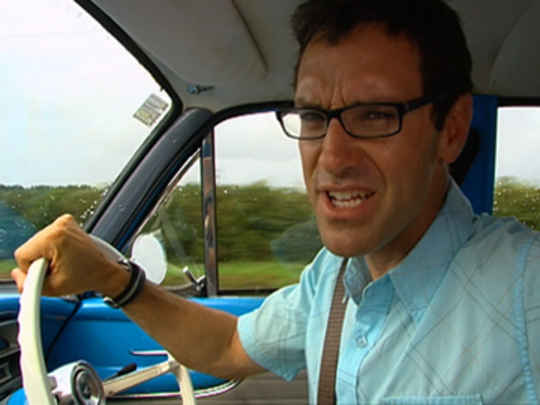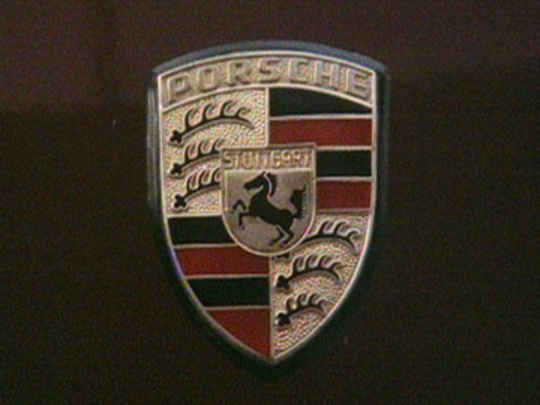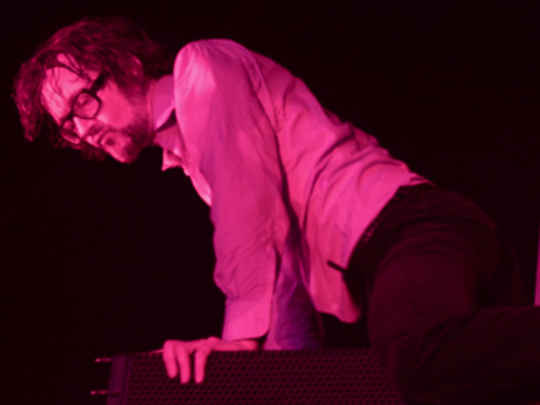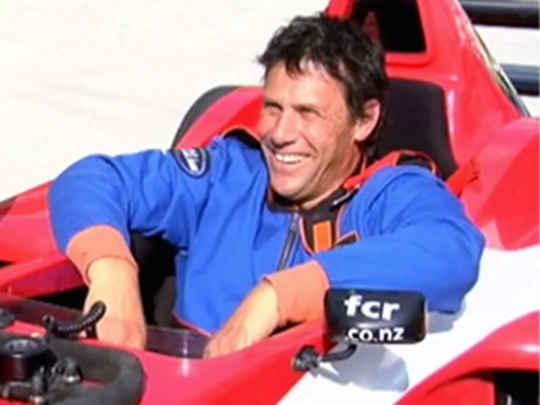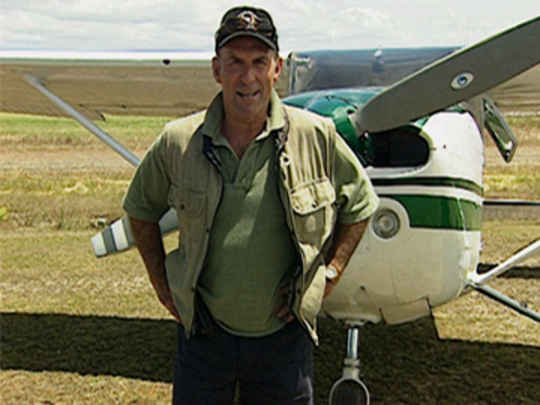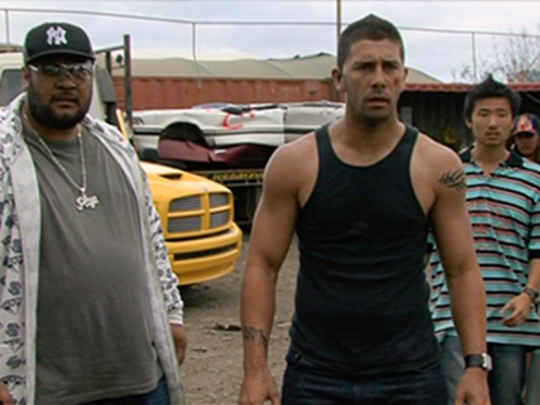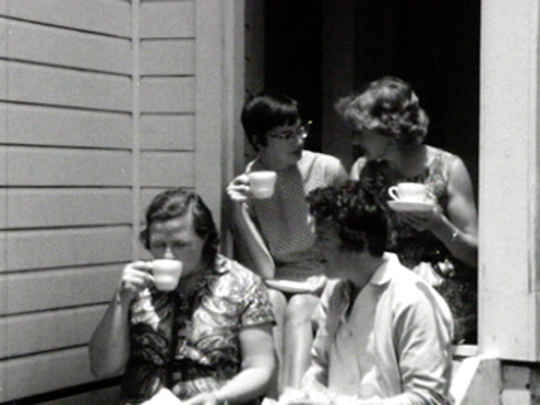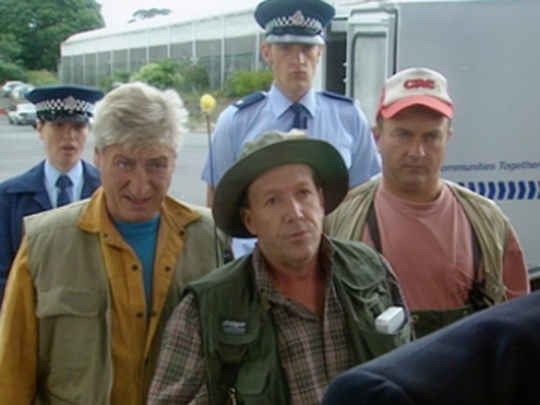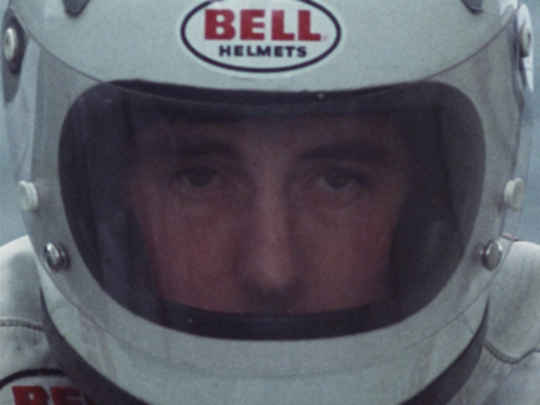Kaikohe Demolition
Film (Full Length and Trailer) – 2004
A Perspective
There's a scene in Kaikohe Demolition when someone deepens the treads in his tyres...with a chainsaw. If anything can claim, through sheer metal-toothed wit and left-field thinking, to liven up the tired ‘No.8 fencing wire' cliche, this is it.
At one level, Florian Habicht's film might be seen to be a petrolhead pean: celebrating a bunch of hoons indulging in pointlessly violent rituals involving alcohol, loud music, and vehicular destruction.
But Kaikohe Demolition is spared from such an assessment by the sheer engagement of the filmmaker with his subjects. Habicht (who grew up in Northland) recognizes and respects the humanity of the people he's interviewing. His style of shooting is simple, and direct. It delivers warm and empathetic portraits of some fascinating individuals.
"I like that it [the documentary] doesn't have a narrator telling you what to think," Habicht says. "It lets the people up North talk for themselves."
Though it's a long way from being a glossy promotional tract, Kaikohe Demolition is an endearing, and unlikely, image makeover for a town in need of one. Once a thriving farming and timber hub, this Northland settlement went backwards fast after the rural downturn and accompanying economic reforms of the 1980s. Estranged from hope, the children of Kaikohe perpetrated an outrage that got their town noticed around the world. In 1991, they attacked Santa during the annual Christmas Parade.
Kaikohe Demolition offers a more balanced picture of life in the rural margins. Even without narrative histrionics, or indeed a strong story centre other than the staging of the derby, it is a compelling watch.
Driven men, relentlessly pursuing their passion. There's got to be some drama there, and Habicht finds it. But the heart of his movie is found in moments of contemplation. A combination of derby adrenaline, relaxing thermal waters and a few beers loosens lips. Taciturn men open up to the camera, and they have something to say worth hearing.
It helps too that these guys are funny. But what comes over is the shock of character and truth. While rough around the edges, in the context of the film, they're warm and engaging, and they draw you in. Such as the derby driver who loves bashing up cars, but who also runs an anger management group because "I don't believe that people deserve to be beaten up".
Ben, the doorman who runs the anger management group, is particularly striking. His 'we don't know how lucky we are' account of why life in New Zealand is so good, is eloquent and surprisingly irresistible, given the the dusty scraped-metal, manuka-scrubbed context.
One car (with the munted moniker 'Sheriff Stoner') is painted to look like a police car. His Deputy Dogg's car is emblazoned with 'Virgin Conversion' on the back door. Kaikohe Demolition is Kiwiana, but kitsch (or clean and green) it definitely ain't.
For all that Habicht's movie mimics the conventions of cinema verite, he has an artist's eye, and he selects his imagery with care. For instance, a memorably vivid shot of a girl licking a pure white ice cream amongst the mud-splattered madness of the derby. Even simple one-on-one interviews are given a moody edge by details of setting and lighting. In one confessional, a man talking about his struggle with violence is almost cocooned in darkness.
The link between this seemingly ‘fly on the wall' documentary, and Habicht's previous works — various enigmatic short films, and the gothic fairytale Woodenhead (2003) — can be seen in his predilection for the eccentric; there are moments of pure Kiwi surrealism. Apparently the famous post-derby beer scene at the 'better than a bath' local hot springs, was less a regular ritual than a director's recognition of great juxtaposition.
Kaikohe Demolition was made on a shoestring budget with minimal crew. Habicht explains: "Most of the film has been a real small team — for half the scenes it was just me and no one else. For other scenes there was Chris Pryor doing filming as well, and sometimes I had Jeffrey Holdaway on sound."
Astutely promoted by its director (Habicht even got the Ratana Brass Band for the premiere), Kaikohe Demolition rode a wave of glowing reviews and was widely seen as a one-off artistic documentary.
Following sold out sessions at the New Zealand International Film Festival, it ran for many weeks at the Academy Cinema in Auckland, and screened in other theatres around New Zealand, and at festivals internationally. It was bought by TVNZ and shown late on a Saturday night. Kaikohe Demolition made the NZ Herald Top 5 Documentaries of 2004 list, and the Listener's Top 10 Films of 2004.
Uncle Bimm, source of many hilarious one-liners in the film, admitted at the premiere screening that he was no longer fit enough to continue smashing cars but, quipped that he was looking forward to Florian's next film, "Once Were Demolition Drivers".
- Costa Botes has directed short films, dramas, and a long run of feature-length documentaries, on everything from eskimo dogs to jelly bean inventors. After coming up with the idea, he directed 1995's Forgotten Silver with Peter Jackson.
